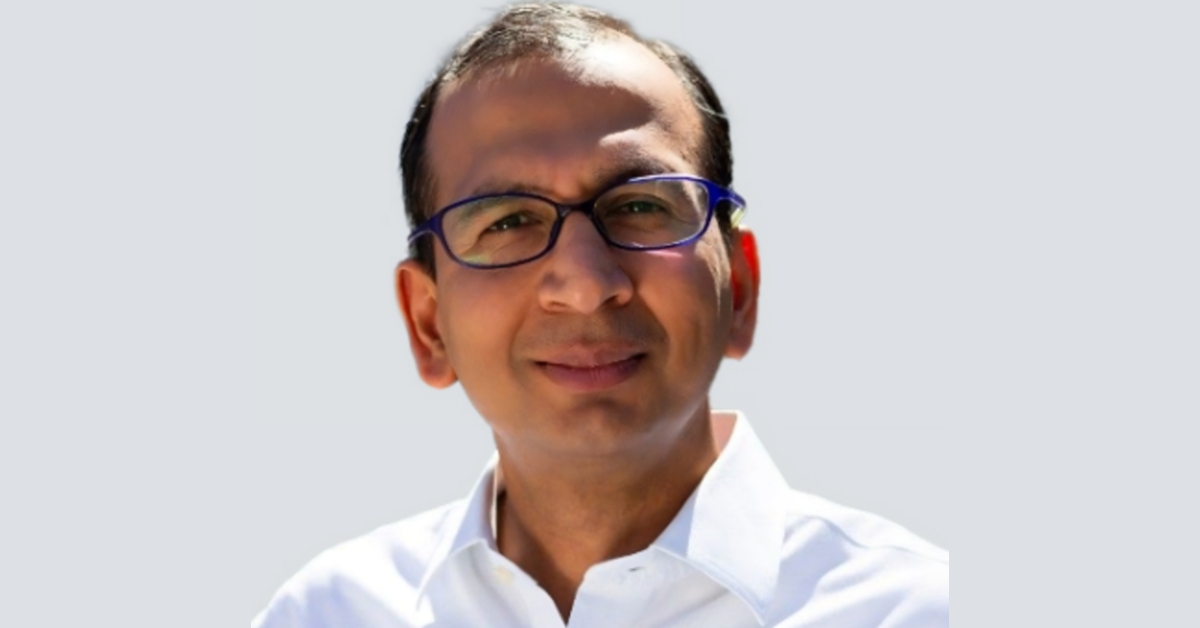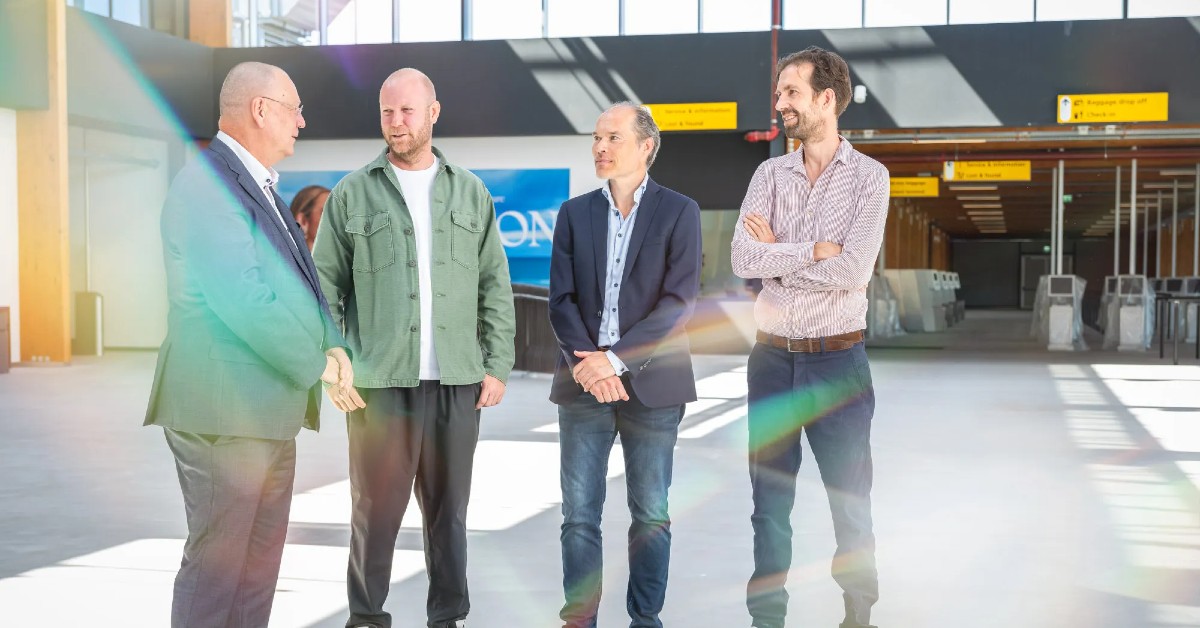London-based startup Phare Health has secured £2.5M (approximately €2.87M) in a seed round of funding led by General Catalyst.
Strategic support comes from backers KHP Ventures and Bertelsmann Investments, providing industry expertise, extensive European networks, and healthcare resources.
Phare Health specialises in advanced AI products designed to assist hospitals in managing their finances and monitoring cashflows.
Capital utilisation
Phare Health will use the funds to fuel further AI innovation, development, and the establishment of partnerships within the UK’s National Health Service (NHS) and internationally.
The company aims to create a real-time, action-oriented intelligence engine for healthcare systems based on structured data, enhancing financial resilience for the benefit of patients, the workforce, and the overall system.
The funding will also support team expansion, allowing Phare Health to recruit AI and healthcare experts in key markets.
Transforming the back office of healthcare
Over the past few years, healthcare systems have faced financial challenges, compelling hospitals to implement substantial cost reductions. The National Health Service (NHS) is grappling with a confluence of issues, including a pandemic-induced backlog, strikes by doctors and nurses, and an ageing hospital infrastructure.
In 2023, more than a third of integrated care systems within the NHS are projected to operate at a deficit. This could prompt trusts to scale back on hiring and initiatives aimed at enhancing service delivery, potentially affecting patients and exacerbating operational inefficiencies.
Phare Health aims to improve global healthcare systems by using AI for non-clinical tasks, addressing challenges in the UK where the NHS spends £2.7B a year on administration, and the US, where administrative roles outnumber clinicians by 10 to one.
The startup’s initial product employs large language models to capture high-quality data from clinical notes, aiding hospitals in resource management and cost recovery.
Ultimately, Phare Health seeks to ensure accurate reimbursement for NHS Trusts by enhancing visibility and transparency in hospital operations.
Phare Health’s AI system analyses clinicians’ patient notes, converting them into structured and usable data for administrative, operational, and financial teams. This process aims to bridge the gap between clinicians and hospital operations, enhancing visibility and transparency for hospital leaders.
This approach also enables more efficient resource allocation across healthcare systems and fosters a more accurate understanding of patient treatments, ultimately driving improvements in the standards of care.
Brief about the Phare Health’s management
Phare Health’s team, led by co-founders and co-CEOs Dr. Martin Seneviratne and Lee Kupferman, along with CTO Tymor Hamamsy, brings substantial expertise in large language models and hands-on experience in clinical settings.
Dr. Seneviratne and Kupferman were involved in projects with DeepMind Health and Google Health, collaborating with the NHS on initiatives such as breast cancer AI screening and MedPalm, a medical AI assistant.
Dr. Seneviratne, prior to joining DeepMind Health, worked as a doctor in Australia, providing valuable healthcare insights to the team.
CTO Tymor Hamamsy has been a frontrunner in AI science at Stanford and NYU.
Bridging AI and deeptech to healthcare
Phare Health, an early-stage venture founded by alumni from DeepMind, Google Health, and Stanford, is pioneering the integration of hospital administration and revenue cycle management with GPT-era technology.
Starting with an AI co-pilot aimed at enhancing medical coding quality and coder productivity, the company aims to decrease hospital costs, boost reimbursement, and generate a precise, structured health dataset from unstructured clinical notes.
Co-founder Tymor Hamamsy says, “The excitement around large language models (LLMs) has been driven by the growing public awareness of ChatGPT, but there is much more that these tools can do besides being a next-gen search engine.”
“The back office of healthcare is full of unstructured, hard-to-access data. AI can fundamentally change how health systems are run by shedding light on the data that hospitals have and making that accessible to health system leaders.”
“We’re just at the start of this revolution and the NHS can be a trailblazer,” adds Hamamsy.
Phare Health also has plans to extend its impact to other administrative and revenue cycle management areas, unlocking additional cost efficiencies and maximising the value of structured data.
Co-founder Dr Seneviratne says, “As a young doctor working in hospitals in Sydney and London, the most frustrating thing was having to spend time on admin, at the expense of patient care.”
“While there is much discussion of the potential use of AI for clinicians, there is a much more urgent need for AI in the back office – doing low-risk, manual, administrative tasks that will free clinicians up to spend more time caring for patients.”
“AI in healthcare should be invisible – it should help behind the scenes to make healthcare more efficient and safe without getting in the way of doctors and nurses.”










01
From telecom veteran to Dutch Startup Visa success: The Jignesh Dave story